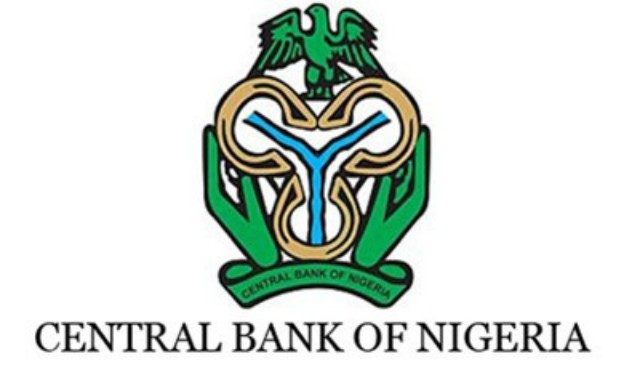Nigeria’s reserves have continued an upward trajectory, hitting $34.14bn on Friday, having appreciated by 4.06 per cent from $32.74bn on June 3, 2024, data from the Central Bank of Nigeria has shown.
The country’s reserves are boosted by the latest rounds of loans the Federal Government got from the World Bank.
In May, the Bureau of Public Enterprises disclosed that the Federal Government had secured a $500m World Bank loan to bolster the country’s electricity distribution sector.
Also, the World Bank revealed that the country would get $2.25bn support to enable it to stabilise the economy.
“This combined $2.25bn package provides immediate financial and technical support to Nigeria’s urgent efforts to stabilise the economy and scale up support to the poor and most economically at risk. It further supports Nigeria’s ambitious, multi-year effort to raise non-oil revenues and safeguard oil revenues to promote fiscal sustainability and provide sufficient resources to deliver quality public services.” The multilateral lender stated in a statement.
Consequently, the external reserves have gained over $1bn in just one month.
Last year, the country struggled with a shortage of dollars, which forced the central bank to float the naira, to increase foreign exchange inflow.
The local currency has, thereafter, depreciated by over 300 per cent in one year to 1,514.31/$ at the Nigerian Autonomous Foreign Exchange market on Friday.
According to a Bloomberg report on Friday, the naira emerged as the worst-performing currency in the world in the first half of 2024.
It noted that devaluation, insufficient dollar liquidity, and market volatility had hindered efforts by the Central Bank of Nigeria to strengthen the currency.
Besides the naira, Egypt’s pound and Ghana’s cedi were the world’s other worst performers in the first six months of the year.
“The naira’s performance is the worst among global currencies tracked by Bloomberg beside that of the pound in Lebanon, which is undergoing an economic crisis and witnessing dollarisation,” the report noted.
Meanwhile, the CBN Governor, Olayemi Cardoso, stated that the apex bank was “relatively pleased” with the progress made in stabilising the local currency.
“I do believe that we have more or less seen the worst in terms of volatility,” Cardoso told Bloomberg TV.
“The losing streak is the longest since July 2017 and takes the decline since the start of the year to 40 per cent.
The central bank has taken several initiatives to improve the dollar supply in the country and stabilise the local currency.
Last week, the apex bank announced that International Money Transfer Operators could now have access to the official window to sell forex.
In a circular signed by the acting Director of the Trade and Exchange Department, Dr W.J Kanya, the apex bank said that the measure would enable IMTOs to access naira liquidity at the official window, thus, enabling timely settlement of diaspora remittances.
In January, the CBN stopped banks and fintechs from international money transfer services.
Also, in February, it resumed the sales of dollars to bureau de change operators to boost liquidity in the retail end of the forex market.
It noted that $20,000 would be allocated to each eligible BDC operator.
On July 27, 2021, the CBN halted foreign exchange sales to BDCs, accusing them of trading FX in amounts greater than $5,000, which violates their licenses and Nigeria’s FX regulations.
Credit: punchng.com










































































